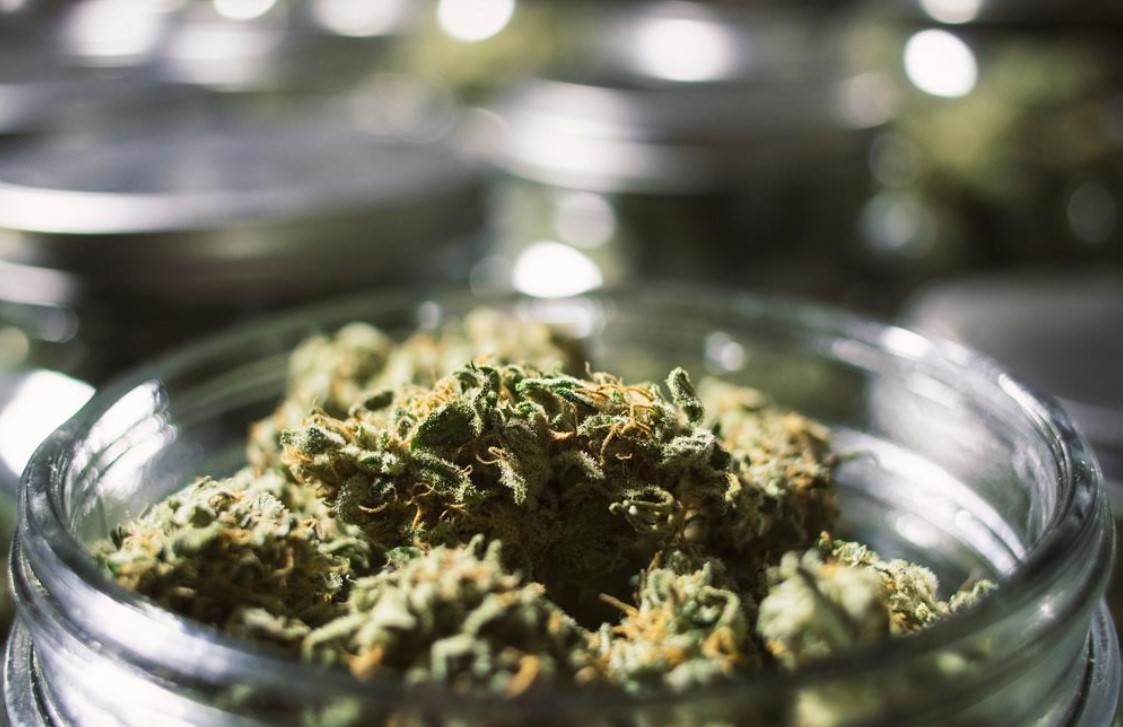
States with medical cannabis programs on the books tend to be at least somewhat restrictive. They put a variety of restrictions in place in order to control the market. Some restrictions are intended to prevent corporate interests from running roughshod over smaller, local businesses. Unfortunately, it is not working all that well.
To be blunt, state restrictions are not slowing down big cannabis. The poster child for big cannabis is Curaleaf, a company that operates some 150 dispensaries and pharmacies in 19 states. Curaleaf employs 5,500 people.
Four Pharmacies in Utah
Utah’s medical cannabis program is one of the most restrictive in the country. The state has only licensed 15 pharmacies within its borders. State law also requires that all medical cannabis consumed in the state must originate there. The plants must be grown in Utah, processed in Utah, and sold only to Utah pharmacies.
The restrictions were no impediment to Curaleaf. Already owning two pharmacies, they recently acquired the Deseret Wellness business as well. Deseret Wellness operates medical cannabis pharmacies in Provo and Park City. With the acquisition, Curaleaf becomes the single largest retailer in Utah with four pharmacies.
What are the chances of Curaleaf acquiring more? Pretty good. The company has a lot of financial resources behind it. So much so that it paid some $20 million (in cash and stock options) for Deseret Wellness. That is a lot of money for two retail locations in a state with fewer than 100,000 medical cannabis card holders.
Big Cannabis Will Win
Whether the cannabis industry likes it or not, big cannabis is going to win based purely on attrition. Furthermore, state lawmakers and regulators will have no basis for complaints. They have brought this on themselves by trying to artificially restrict market forces in hopes of making things fair.
Nothing in business is fair. No two businesses are equal, nor will they ever be. Attempting to control the market through artificial restrictions doesn’t help the little guy while keeping the bigger guys in check. It only makes it more difficult for businesses with fewer financial resources to compete effectively.
Big cannabis has the resources to work within restrictive regulations. They have the resources to come up with workarounds and solutions. So when the dust settles, they are the winners. Smaller operators cannot keep up because they do not have the money. They eventually sell when big cannabis comes along with an offer that can’t be refused.
The Expansion Will Continue
Curaleaf is arguably one of the most visible brands in corporate cannabis. Their latest acquisition in Utah only adds to an already impressive portfolio and footprint. There is no reason to believe the company will not keep expanding until it operates in every single state where cannabis is legal.
Should Washington ever decriminalize cannabis, and that is a strong possibility, Curaleaf will continue its expansion until it has a presence in every state. Are there others capable of competing? Yes, there are a few additional corporate cannabis operators with enough resources to go toe-to-toe with Curaleaf.
If state and federal regulators really want to slow big cannabis down, they need to back off and extract themselves from the industry. Give the little guys every opportunity to make a go of it without being shackled by onerous regulations and skyrocketing expenses. You level a playing field by getting government out of the way, not by artificially manipulating the market.
Big cannabis has not been slowed by state regulations. Even the most restrictive states are gradually being subjected to a corporate takeover. For good or bad, that is the way it is.
